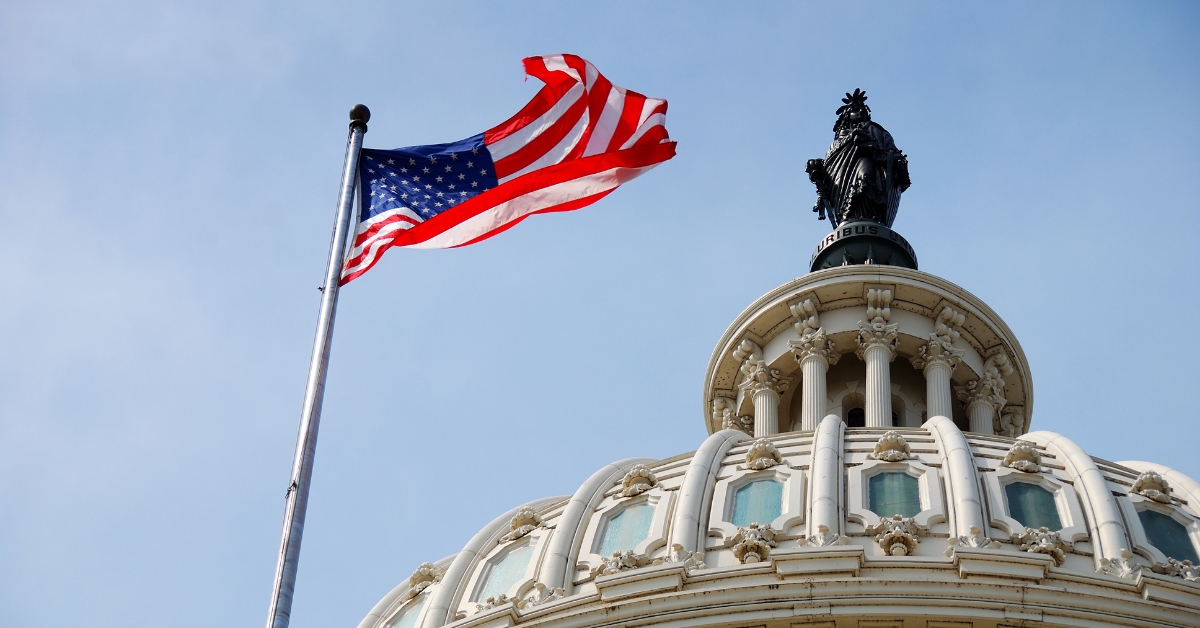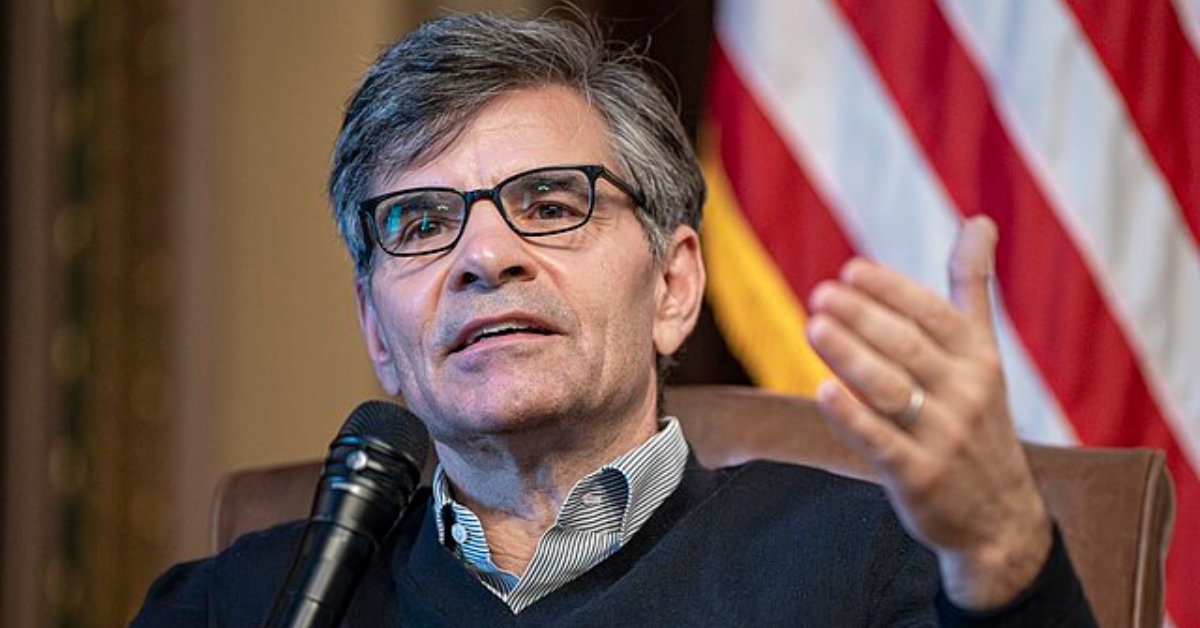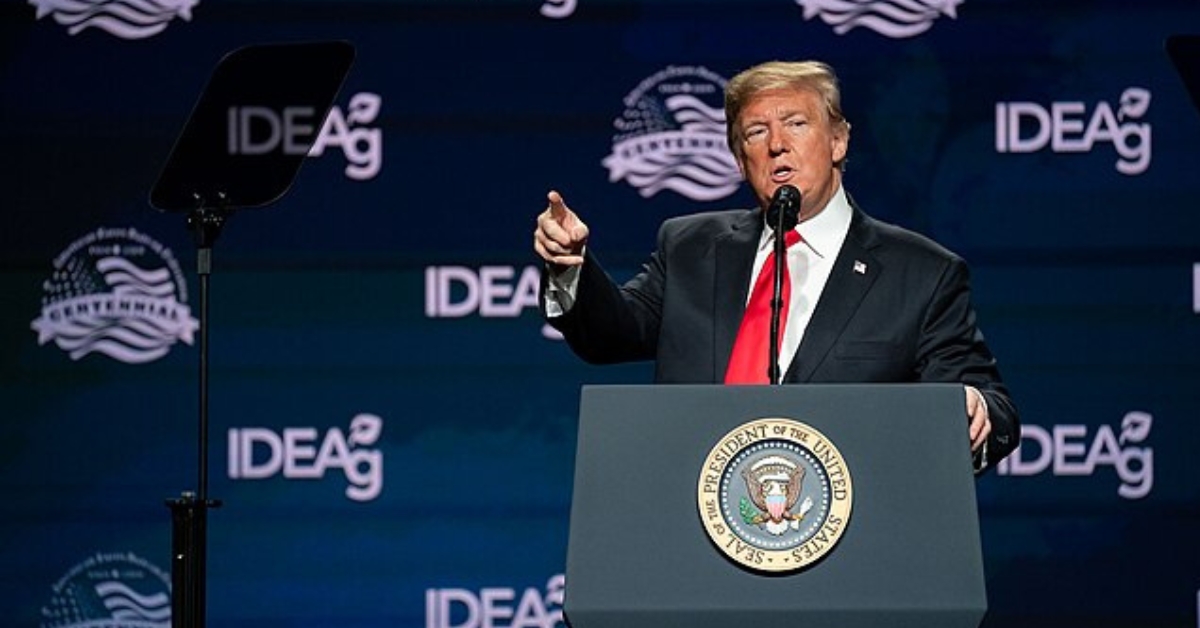
Harvard Ends Mandatory DEI Statements for Tenure Candidates
In a significant shift at Harvard University’s Faculty of Arts and Sciences, the ivory tower is retreating from its once stringent requirement for prospective tenure-track faculty members to submit a statement on how they would promote diversity, inclusion, and belonging. The Dean of Faculty Affairs and Planning, Nina Zipser, revealed this change, citing the confusion such demands caused among foreign applicants and the limitations of the scope of information gathered as primary reasons. To put it plainly, these DEI statements lack any real academic foundation and have only succeeded in further alienating applicants.
Zipser’s announcement indicates a departure from a practice that had, for the past five years, become a litmus test for political conformity under the guise of enhancing academic diversity. Rather than demanding these diversity statements, Harvard will now require finalists to submit two different documents: one on their efforts to strengthen academic communities and another detailing their approaches to fostering an engaging learning environment.
Will Harvard Finally Leave Ideological Conformity Behind?
The removal of this requirement is not merely administrative but touches on deeper issues of ideological bias and academic freedom within the halls of Harvard. Critics have long argued that such DEI statements are less about actual diversity and more about enforcing a particular ideological viewpoint. The DEI statements that Harvard would require subtly coerced candidates into endorsing a specific brand of academic leftism, effectively sidelining those with conservative views.
This situation at Harvard reflects a broader, troubling trend in academia where institutions, under the banner of diversity and inclusion, have ventured far beyond the pursuit of varied perspectives and into the realm of enforcing ideological conformity. This approach not only stifles the diversity of thought but also alienates those who might contribute divergent viewpoints, thereby impoverishing the academic discourse.
Harvard’s decision to recalibrate its approach to hiring could be seen as a tacit acknowledgment that the enforcement of rigid ideological commitments under the DEI umbrella is a divisive and exclusionary practice that hinders true academic freedom. This move, while a step in the right direction, will be watched closely. It serves as a crucial test case for other institutions grappling with similar issues. Can Harvard chart a course that genuinely enriches its academic environment without succumbing to the allure of political orthodoxy? Only time will tell, but for now, at least, it seems they are attempting to loosen the ideological shackles that have bound the academic spirit.














